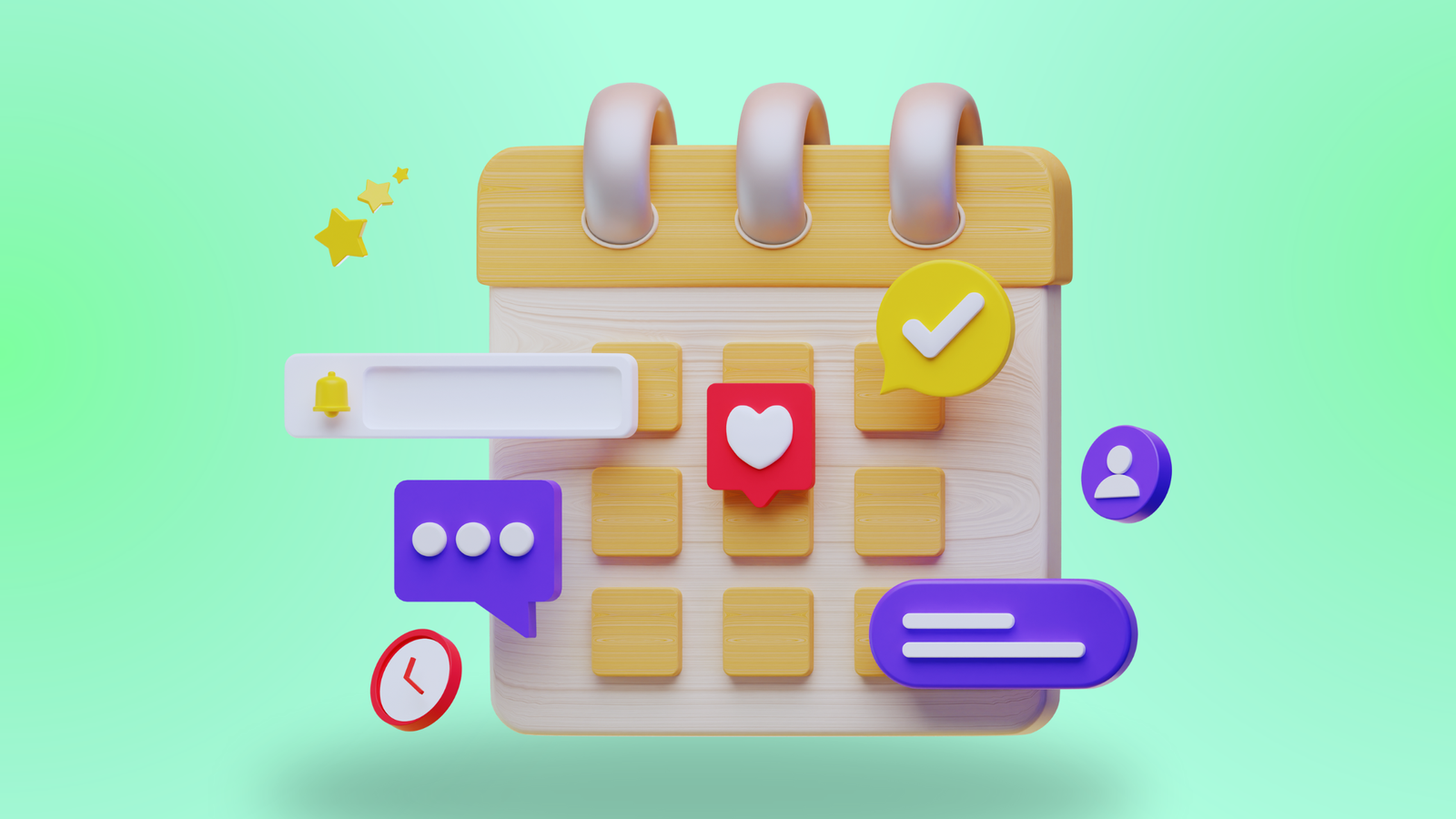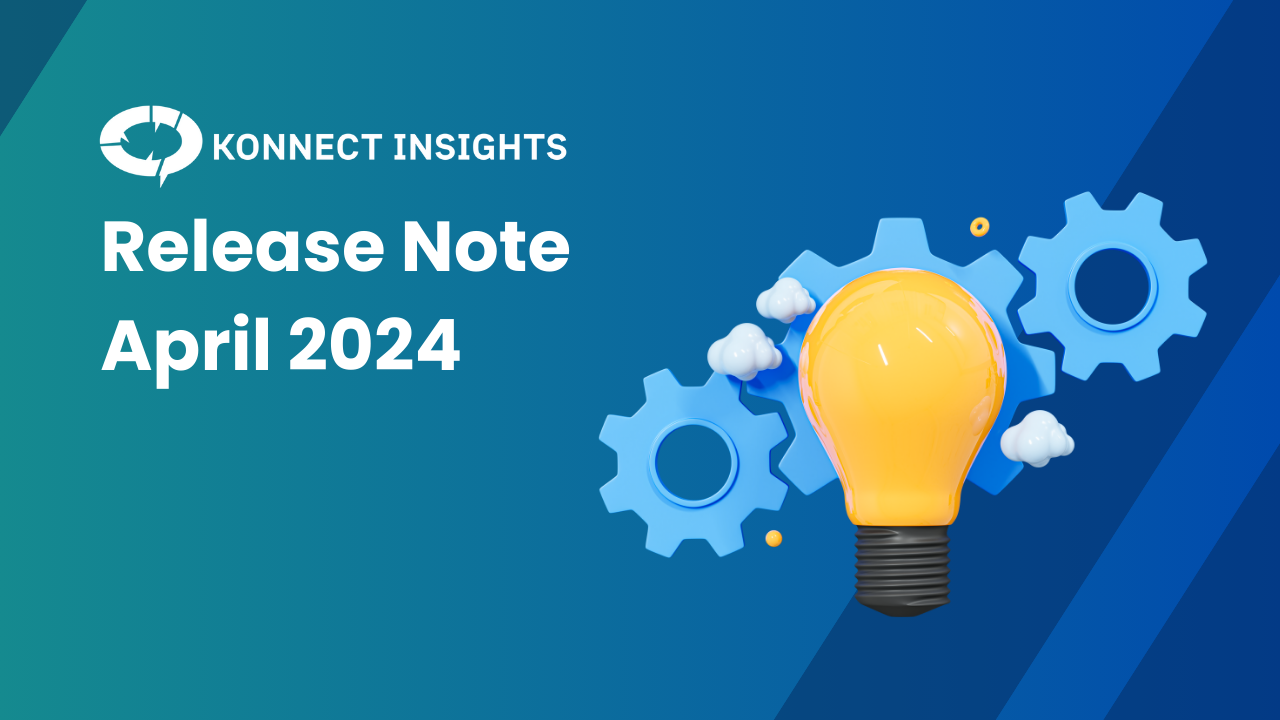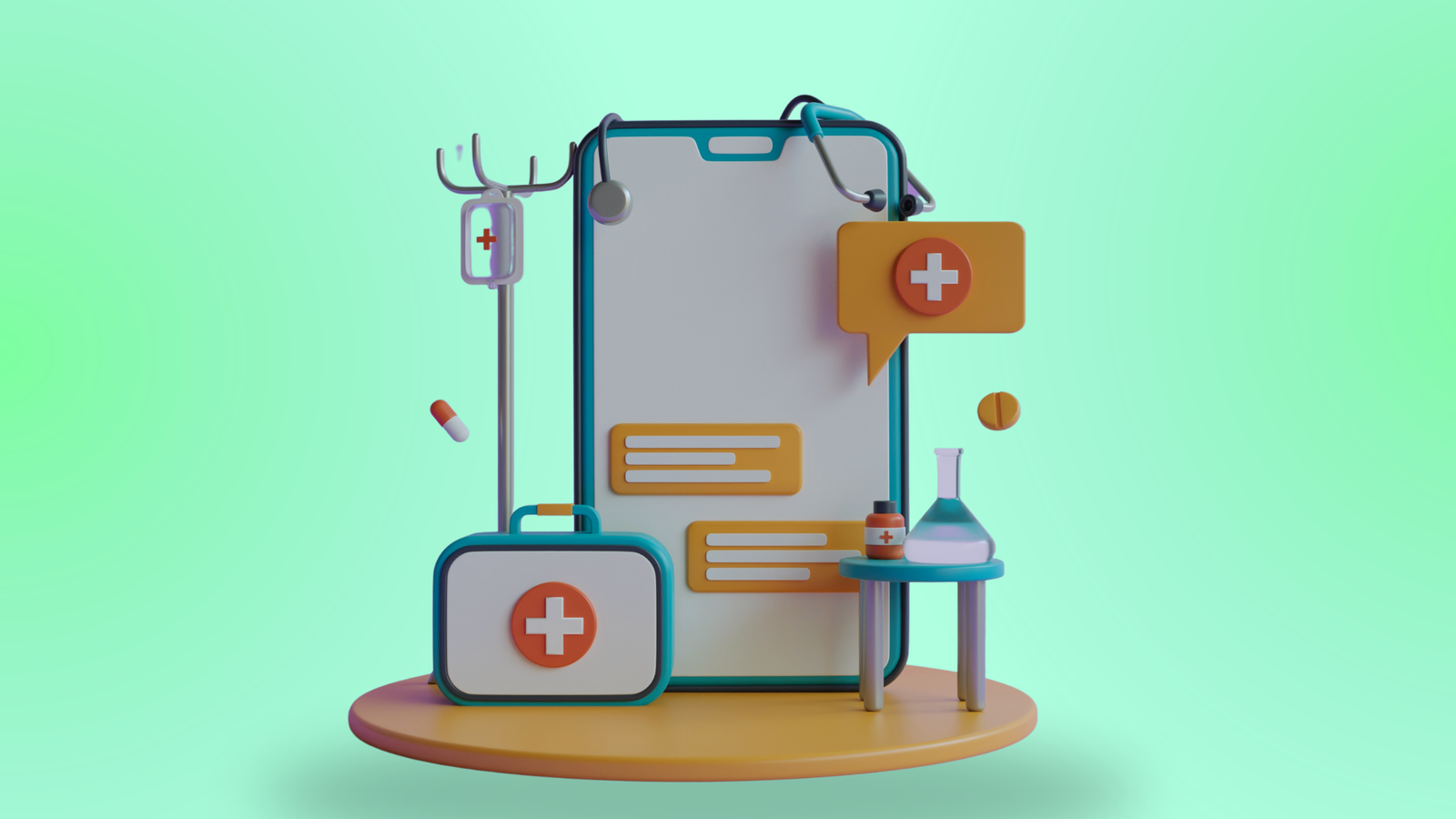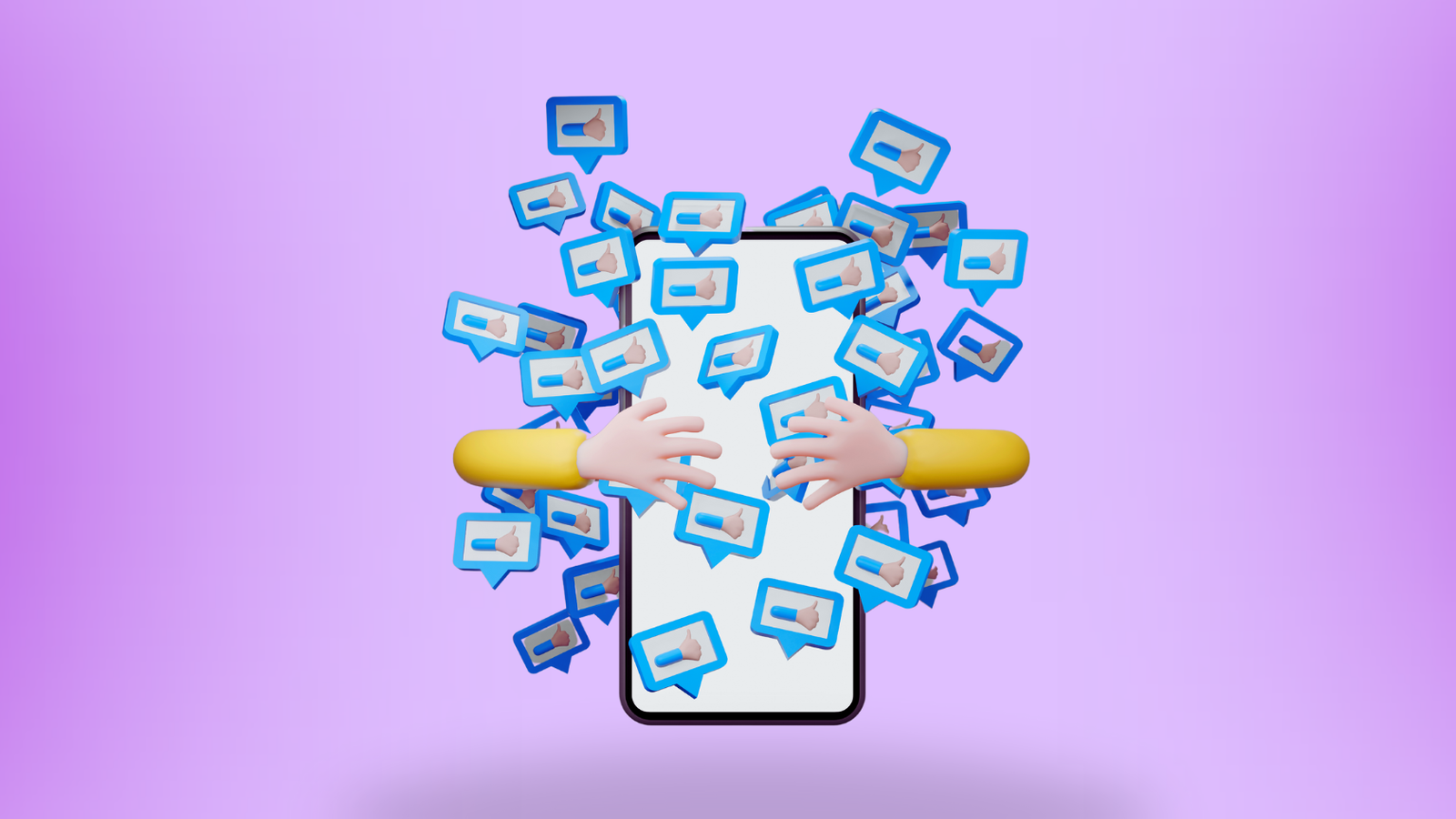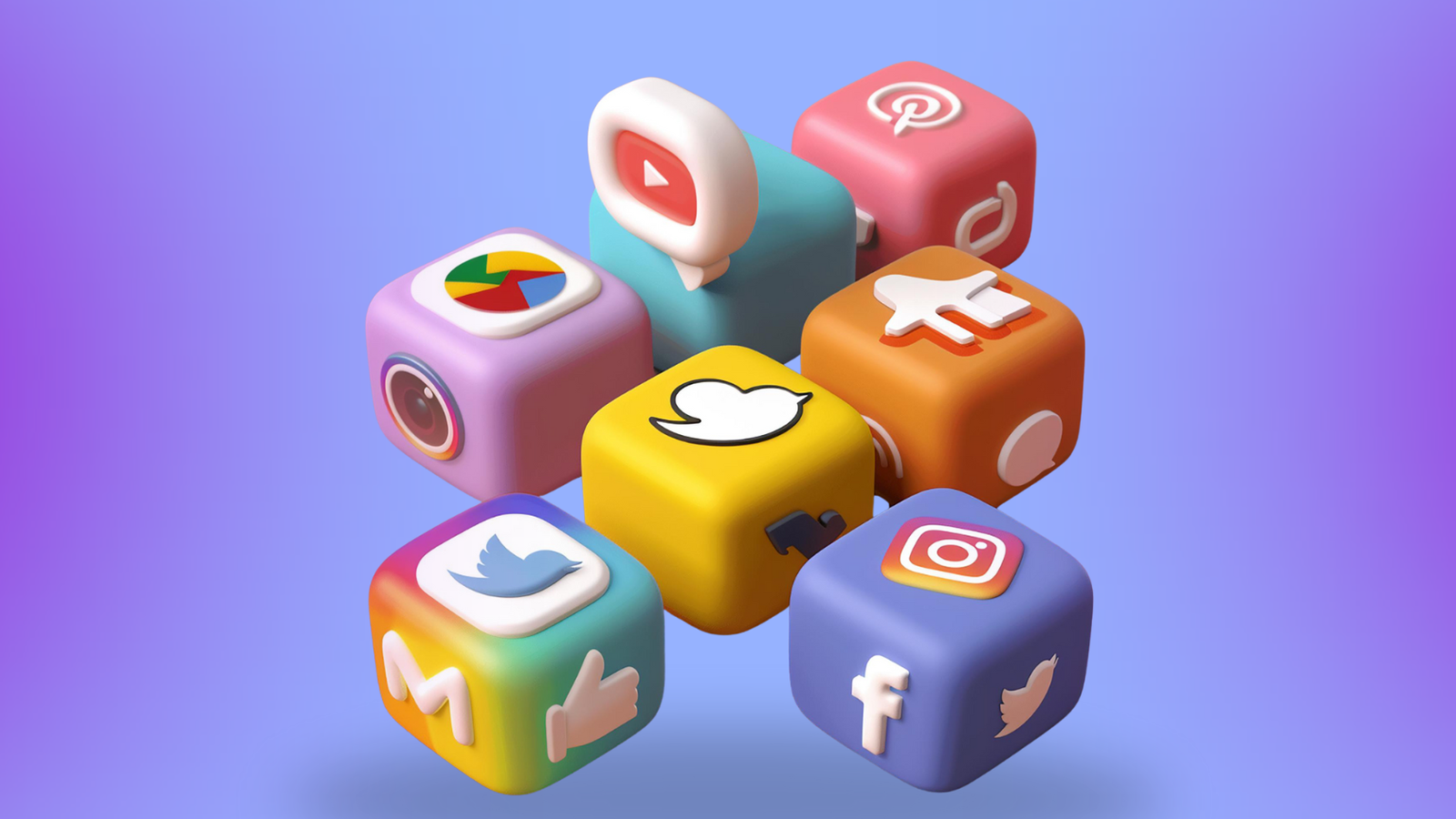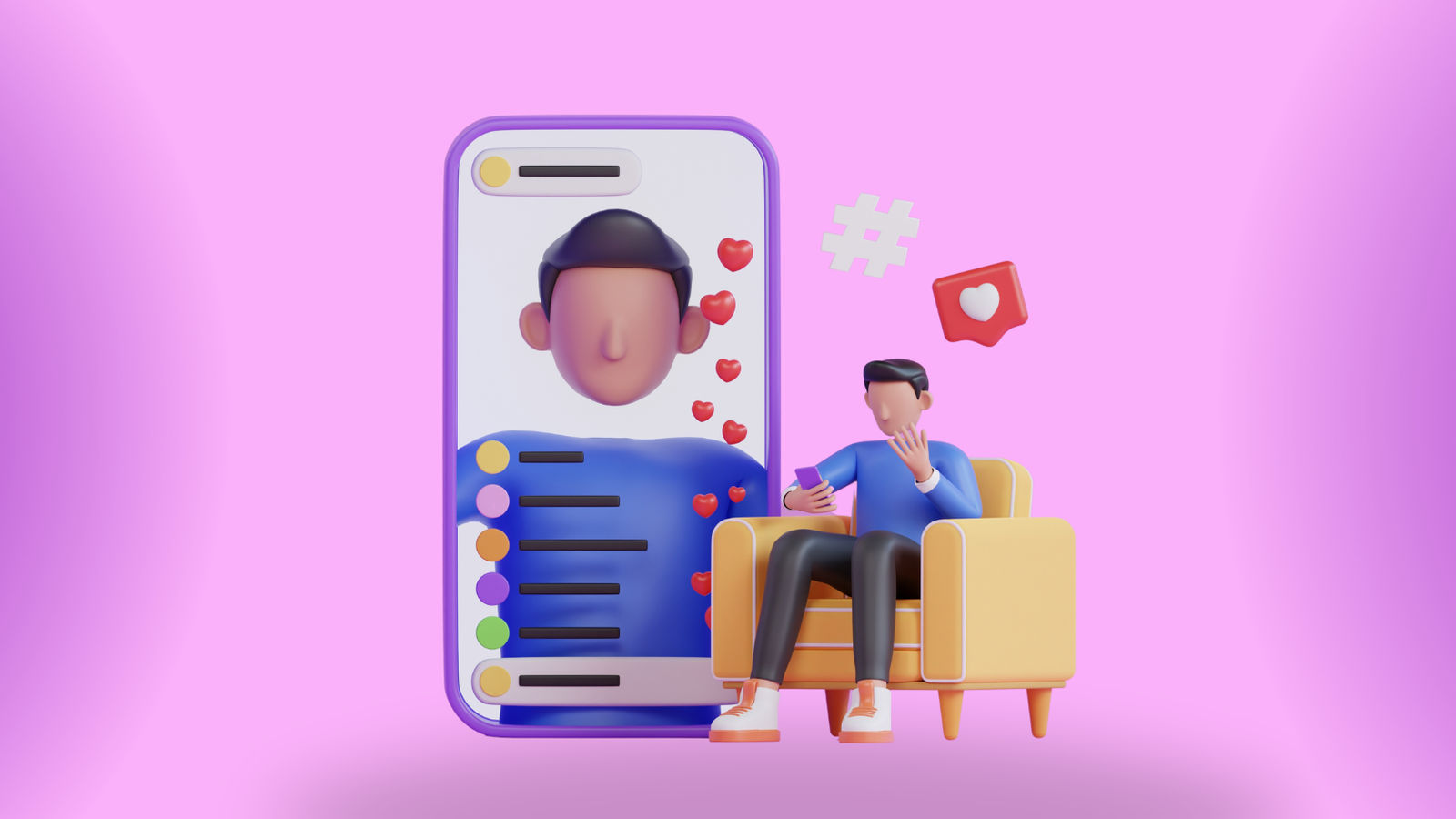The healthcare sector is no exception. Over the years, medical service providers like clinics, hospitals, and wellness centers have upgraded their technological prowess. Even patients like to engage with hospitals and clinics that can save them time and effort through cutting-edge technologies.
For example, patients now prefer to get their reports through email or WhatsApp. It saves them time and effort and gives them the privacy they need.
This is just one facet of the entire customer experience. As a healthcare provider, you can implement technologies at various levels. It can help you drive more engagement and offer a range of on-demand healthcare services. Here is where the omnichannel customer experience in healthcare comes into play.
Watch Out: 5 Top Customer Experience Management Trends 2023
What is the omnichannel customer experience in the healthcare industry?
An omnichannel customer experience in healthcare allows patients to access digital channels to meet their end requirements. It enables them to interact seamlessly with healthcare providers via multiple channels.
For instance, you can use a mobile app integrated with all the functionalities for appointment scheduling, invoice processing, follow-ups, etc. This mobile app could be your one-stop solution to providing an omnichannel customer experience.
Or else, you can adopt a multi-channel approach. For instance, you can use social media sites, communities, etc. along with a dedicated customer portal.
If you run a hospital, clinic, or any other healthcare-related business, you can opt for an omnichannel healthcare strategy. Through this, you can encourage customers to communicate with you through their preferred medium.
For example, they can confirm an appointment through an online portal. You can include video and voice chat to convey critical information to the patients.
Also, you can integrate AI chatbots to resolve customer queries and doubts. You may combine many such means to provide a unified and seamless customer experience.
Here are some ways to integrate an omnichannel platform to manage customer experiences:
As a healthcare service provider, you must focus on introducing as many touchpoints as you can. Touchpoints refer to the various points through which customers can interact with you.
It improves customer engagement and allows you to interact with customers at various levels. Here are some key touchpoints that can provide an omnichannel customer experience in the healthcare industry:
1. In-person visits
Use a touchpoint to set up inquiries, manage follow-ups, register patients online, and manage other processes.
2. Telehealth consultation
Create a touchpoint to provide virtual consultation to remote patients who need medical tips, advice, or recommendations.
3. Social media
Social media can serve as a crucial touchpoint that offers educational content and health tips to potential customers. You can also use social media to collect patient feedback. It can also serve as a direct communication link between doctors and patients.
4. Mobile apps
Through mobile apps, you can offer a unified omnichannel customer experience in the healthcare sector. Through a mobile app, you can integrate various medical and healthcare services into a single platform.
Offer functionalities like booking appointments, setting reminders, rescheduling appointments, etc. through the app. You can also offer similar features and functionalities through a website.
Do you know: How The Omnichannel Customer Experience Is Measured?
What is the need for an omnichannel customer experience in the healthcare industry?
The healthcare industry has witnessed a huge transformation in the last few years. People don’t want to wait in long queues to meet a physician. They seek platforms where they can check the availability of doctors with a single click. Also, self-management portals for managing bills, reports, and other data make the entire process hassle-free and convenient.
The evolving expectations and behaviors of patients define the omnichannel customer experience in the healthcare industry. In today’s digital era, almost all industries provide convenience and personalization through customer-centric self-service portals. They expect the same level of convenience and personalization in their healthcare experiences.
As a healthcare provider, you can meet their expectations and enhance patient satisfaction. A seamless and integrated experience across channels becomes crucial for efficient healthcare delivery. It also opens new avenues like remote healthcare, which can help you expand your business.
The omnichannel strategy framework in the healthcare industry is also essential from a marketing point of view. It helps you promote your services better. You can tap into the online vertical and enhance your overall revenue with a sound omnichannel marketing and healthcare strategy.
Benefits of having an omnichannel customer experience in the healthcare industry
Adopting an omnichannel healthcare strategy has many advantages. It enhances customer communication and engages them at various levels.
You have to understand that an omnichannel customer experience platform brings much more to the table than a multichannel approach. It not only benefits the customers but also helps the doctors, health workers, and staff members in various ways.
Now, let’s look at the benefits of integrating the omnichannel customer experience strategy into healthcare services:
1. Unified patient data
Create an omnichannel customer journey that unifies patient data in a single place. The health records of each patient should be available in electronic form. You must be able to share patient data seamlessly at different levels within your healthcare framework. The easy availability of data will also be useful in improving your marketing and sales strategies.
2. Personalized communication with patients
An omnichannel platform offers a unified view of the health history, medical records, and other details of patients. Your sales executives can use these details to personalize customer communication. It helps you build a stronger relationship with patients, which eventually increases their CLTV (Customer Lifetime Value).
3. Helps Your Understand the Needs of Customers
Understanding customer needs is a basic requirement to survive in the market. This is true regardless of the industry you belong to.
Understanding customer needs becomes easy when you have gathered enough data. The unification of personal and medical data means that we don’t have to strive to collect data from different sources. By using analytical tools, you can segregate customers based on their needs and preferences.
You can analyze the data to gauge the evolving expectations of the customers. Also, you can track trending issues in customer service by tapping into customer sentiments.
You may employ customer surveys and feedback tools to improve your services. The surveys can reveal important lapses in your treatment or patient enrollment procedures.
All these efforts help you learn how to improve customer service in the healthcare industry.
4. Brings in Customer Segmentation
Every patient is different, and so are their medical requirements. Their motivations or emotional trigger points to seek medical consultation or services also differ.
Introducing an omnichannel platform in the healthcare industry can facilitate customer segmentation. You can segment the customers based on their medical history, preferences, motivations, and more.
It helps you develop unique user personas and create targeted strategies. You can introduce multiple touchpoints in the customer experience and make them feel special at each touchpoint through personalized messages. It would help you offer targeted interventions by sending meaningful and relevant content.
5. Facilitates Paperless Procedure
The omnichannel customer experience strategy in healthcare facilitates a paperless procedure. It is achievable through electronic enrollment forms, an online registry of customer data, e-records of patients, and more.
Integrating digital channels reduces paperwork and streamlines administrative processes. It also brings more efficiency to operations and enables you to focus on developing business strategies.
Continue Reading: 7 Unbelievable Benefits of Customer Experience Management That Boost Your Business
How can we improve the omnichannel customer experience in the healthcare profession? – 5 ways
You will face many challenges while leveraging technology to facilitate an omnichannel customer journey. It would be easier to tackle these challenges if you were aware of them. Here are five ways to improve the omnichannel customer experience in the healthcare profession:
1. Educate the customers
Having the latest technologies to provide incredible customer experiences is not enough. You must also educate the customers on how to use it to their benefit. Therefore, your first step towards improving the omnichannel customer journey would be to make the customers aware of the technologies.
Once they learn how to use the touchpoints you offer, they will gradually start accepting the new approach. Yet, some customers may still prefer the traditional approach, as they have been doing it for many years. You must be patient during this phase and make them aware of the benefits of using digital tools.
As a healthcare provider, you must empower patients with all the key details regarding digital tools and channels. Create tutorials and how-to videos to educate them regarding appointment scheduling, post-surgery routines, and other self-service services offered through your omnichannel platform.
Apart from educating the customers, you must also strive to provide the necessary training to your staff. Some of your old staff members might still be comfortable using the traditional approach.
Organize seminars and training sessions to improve their knowledge. Make them aware of the benefits of managing patients through digital channels.
Remember that customers are at one end of the cycle. The kind of response they receive from your staff can affect their overall experience. Providing a holistic experience would not be possible unless everyone involved in the process was digitally empowered to handle all the touchpoints.
2. Manage patients proactively
Adopting an omnichannel healthcare strategy will only be beneficial through the smart usage of digital touchpoints. You can send personalized messages and notifications to your customers to update them regarding their medical condition and health. It will encourage them to follow the healthcare routine as per the requirements.
Also, if a physician cancels an appointment, you can send a reminder through a mobile app or email well in advance. You can provide a hotline in your omnichannel customer journey platform so that patients can connect immediately during an emergency.
In short, concentrate on leveraging the technology for the patient’s well-being. It would be far better than just offering the opportunity to interact through digital touchpoints. It will improve their overall experience and help them manage patients.
3. Analyze their varying needs
Some of your patients may not be comfortable handling a smartphone. You should offer them alternate options, like reaching out to your healthcare services via SMS or phone calls.
Likewise, you must analyze the varying needs of your patients and provide them with tailored solutions. For this, you must consider factors like digital accessibility, digital literacy, and individual preferences while creating an omnichannel strategy framework.
You must also identify the channels that your customers feel comfortable engaging with. Suppose that most of your customers are active on a particular social media channel.
By understanding this, you can create a targeted content strategy for that specific channel. Also, customer preferences keep evolving with time. Therefore, you must employ social listening and analytical tools to monitor their evolving preferences.
Data analytics tools can be employed to understand the overall customer experience. Tracking their satisfying moments and inconveniences would help you design a better and more futuristic omnichannel customer strategy in healthcare. For that, you should embrace customer feedback and update the existing technologies.
Use customer feedback and pain points to create high-quality and engaging health-related content. Make sure that the tonality and content are consistent across all the channels. It would help you provide a uniform and engaging experience throughout the customer journey.
Also, optimizing digital solutions will not be sufficient. You must also ensure that your offline operations are optimized.
For example, an intuitive mobile app would not be enough to facilitate an omnichannel customer journey in the pharma industry. You must also revamp the logistics chain so that the medicines reach the patients without any delay.
4. Integrate virtual assistants and AI
Automating some of the healthcare procedures can optimize the routine workflow. For example, you can use AI to track the medical history of patients while creating a care plan for them. It will help the doctors get the right details, which will also help improve their overall experience.
You can also integrate virtual assistants into the system to interact with new patients. These virtual assistants should be capable of understanding their pain points and emotions while directing them to the right channels.
5. Use the latest devices and technologies
Using the latest tools and technologies can improve the omnichannel customer experience in the healthcare profession. For example, you can provide wearable devices to critical patients to monitor their health parameters from remote locations. With these devices, you can monitor their health by checking vital parameters like heart rate, blood pressure, sugar levels, etc.
Establish systems that allow for a secure and efficient exchange of patient information between different physicians. It will help you maintain continuity of service and care for the patients.
Develop integrated marketing campaigns that utilize multiple channels to maximize reach and engagement. For example, use social media posts to promote a blog article on your website. Include a CTA (Call To Action) statement that encourages them to download a mobile app for personalized health tracking.
Read more: How Does Omnichannel Improve The Customer Experience?
Conclusion
The omnichannel customer experience is revolutionizing the healthcare industry. By adopting it, you can provide patients with integrated, personalized, and hassle-free healthcare services. By embracing this approach, you can enhance patient engagement, improve accessibility, deliver personalized treatment, and optimize operations.
Konnect Insights offers an omnichannel customer experience management suite. This platform helps you understand your customers’ expectations by analyzing data. The unified solution offered by them allows you to listen, improve, and manage customer experiences. Moreover, you can integrate it with more than 3000 software applications to manage and use customer data.
The comprehensive set of features offered by this platform helps you improve your relationship with your customers. The user-friendly and intuitive interface makes it easy for everyone to access and use the functionalities. Social CRM, BI dashboards, data analytical tools, and crisis management tools make it the best platform to facilitate an omnichannel customer experience in the healthcare profession.






